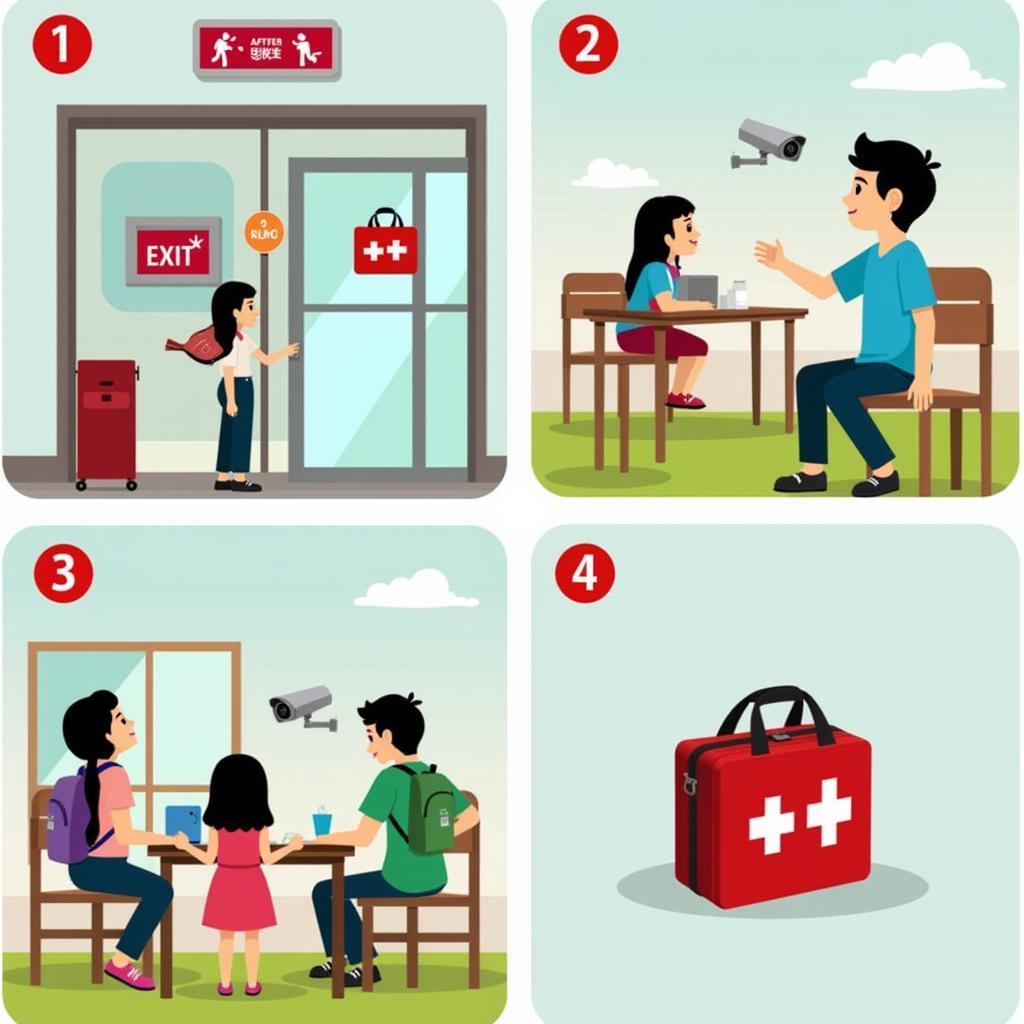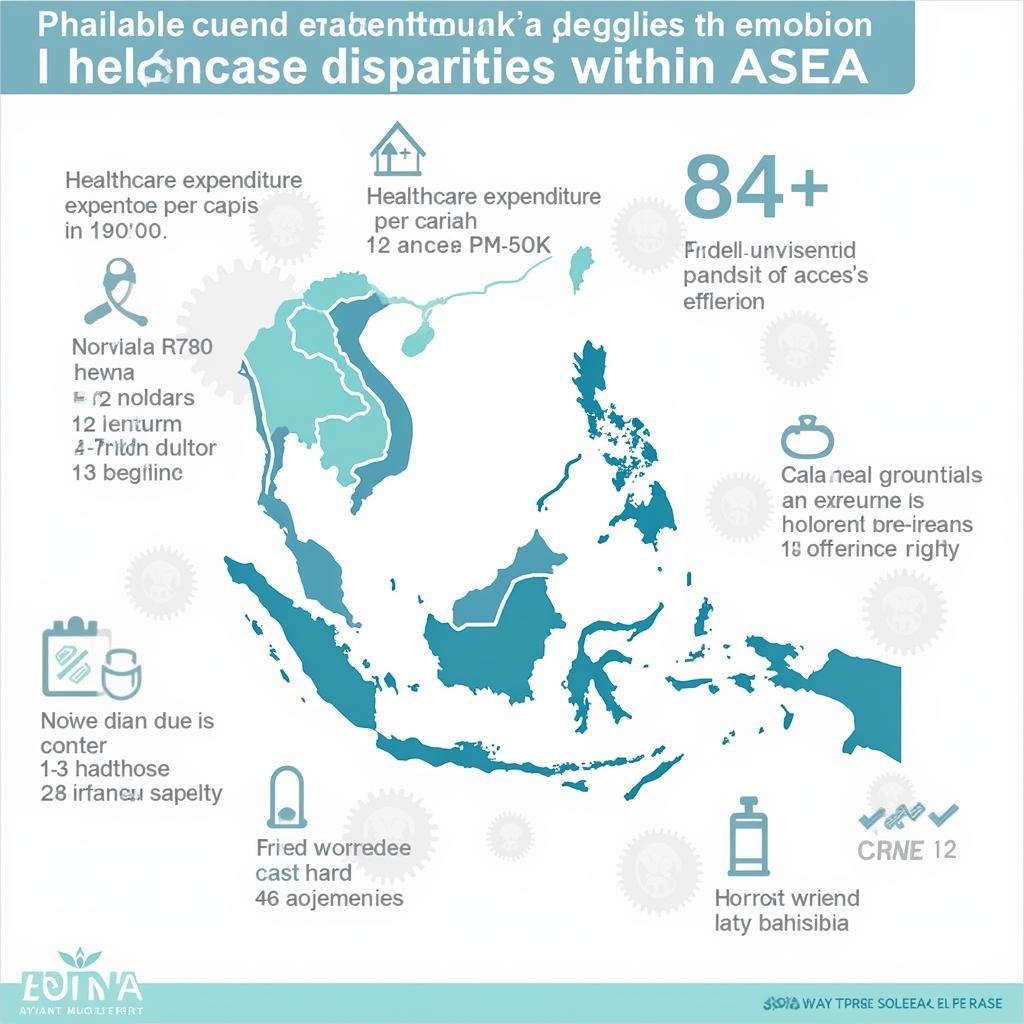Navigating the world of after school education and safety in Southeast Asia can be challenging for any parent. With a diverse range of options and cultural nuances to consider, ensuring your child’s well-being and development requires careful planning and awareness. This comprehensive guide explores the key factors to consider when selecting after school programs and ensuring your child’s safety in the ASEAN region.
 Children Participating in After School Activities in ASEAN
Children Participating in After School Activities in ASEAN
Understanding the Importance of After School Education
Beyond academic support, after school education plays a crucial role in a child’s holistic development. It provides opportunities for:
- Social-Emotional Growth: Interacting with peers in a structured environment fosters teamwork, communication, and conflict-resolution skills.
- Skill Development: Programs offering sports, arts, music, or other specialized skills nurture talents and ignite passions beyond the traditional curriculum.
- Time Management & Responsibility: Structured activities instill a sense of routine and responsibility, preparing children for future commitments.
Navigating the Diverse Landscape of After School Programs in ASEAN
Southeast Asia offers a diverse range of after school options, each with its own advantages and drawbacks:
1. Enrichment Centers & Tutoring Services:
- Pros: Targeted academic support, exam preparation, and specialized skill development.
- Cons: Can be expensive, potentially add to academic pressure, and limit opportunities for free play and socialization.
2. Community-Based Programs:
- Pros: Often more affordable, focus on local culture and values, provide opportunities for community engagement.
- Cons: May lack structured learning environments, quality can vary significantly.
3. Sports & Arts Academies:
- Pros: Nurture specific talents, promote physical and creative development, and encourage discipline and teamwork.
- Cons: Can be time-consuming and require significant parental commitment.
 Safety Measures at After School Facilities in Southeast Asia
Safety Measures at After School Facilities in Southeast Asia
Prioritizing Safety: Key Questions to Ask
Ensuring your child’s safety is paramount. Before enrolling your child in any program, inquire about:
- Staff Qualifications & Background Checks: Are staff qualified and experienced in working with children? Are background checks conducted?
- Safety Protocols & Emergency Procedures: What are the procedures for emergencies like fire, earthquakes, or medical situations?
- Child-to-Staff Ratios: Are there adequate staff members to supervise children effectively?
- Secure Access & Drop-Off/Pick-Up Procedures: How is the facility secured? Are there clear procedures for authorized pick-up and drop-off?
Cultural Considerations in ASEAN
- Respect for Elders & Hierarchy: Many Southeast Asian cultures emphasize respect for authority. Encourage your child to address instructors and staff respectfully.
- Community Harmony: Collectivism is highly valued. Encourage your child to be mindful of others and participate in group activities.
- Religious Diversity: Southeast Asia is home to a tapestry of religions. Be aware of any religious customs or practices that may be observed within the program.
Empowering Your Child: Safety Tips & Communication
- Establish Open Communication: Encourage your child to share their experiences, both positive and negative.
- Teach Basic Safety Rules: Remind them about stranger danger, safe internet use, and appropriate behavior in public spaces.
- Provide Emergency Contact Information: Ensure your child knows how to contact you and other trusted adults in case of emergencies.
Conclusion
Choosing the right after school program and ensuring your child’s safety in Southeast Asia requires careful consideration and research. By prioritizing your child’s holistic development, understanding local cultural contexts, and actively engaging in their safety, you can provide them with an enriching and secure after school experience.
FAQs
1. What is the average cost of after school programs in Southeast Asia?
Costs vary widely depending on the type of program, location, and duration. Community-based programs tend to be more affordable, while specialized academies can be more expensive.
2. Are there government-funded after school programs available?
Availability varies by country. Some countries offer subsidized programs for low-income families.
3. How can I support my child’s learning at home?
Create a conducive learning environment, encourage reading, and engage in conversations about their after school activities.
4. What are some cultural sensitivities to be aware of?
Respect for elders, community harmony, and religious diversity are important aspects of Southeast Asian cultures.
5. How can I find reliable reviews of after school programs?
Online forums, parenting groups, and word-of-mouth referrals from other parents can provide valuable insights.
Need further assistance? Contact us:
Phone: 0369020373
Email: [email protected]
Address: Thon Ngoc Lien, Hiep Hoa, Bac Giang, Vietnam.
Our dedicated customer support team is available 24/7 to assist you.
